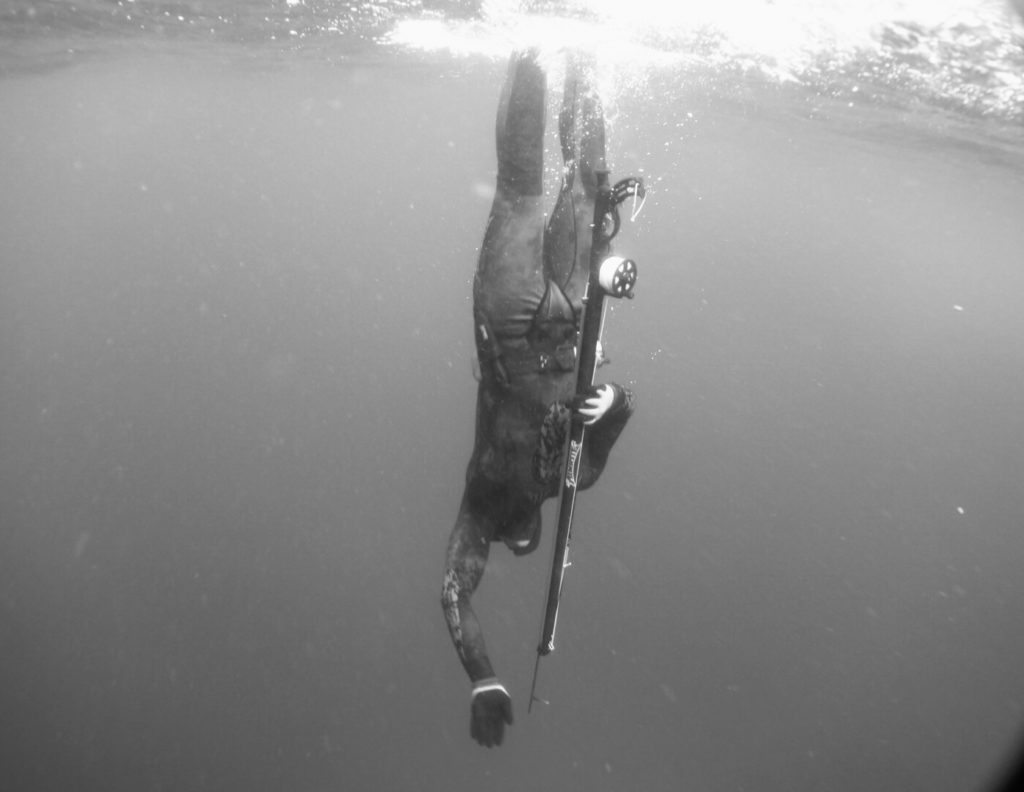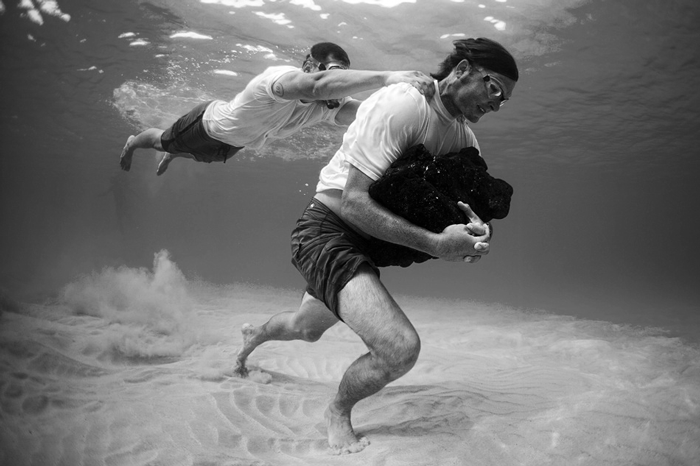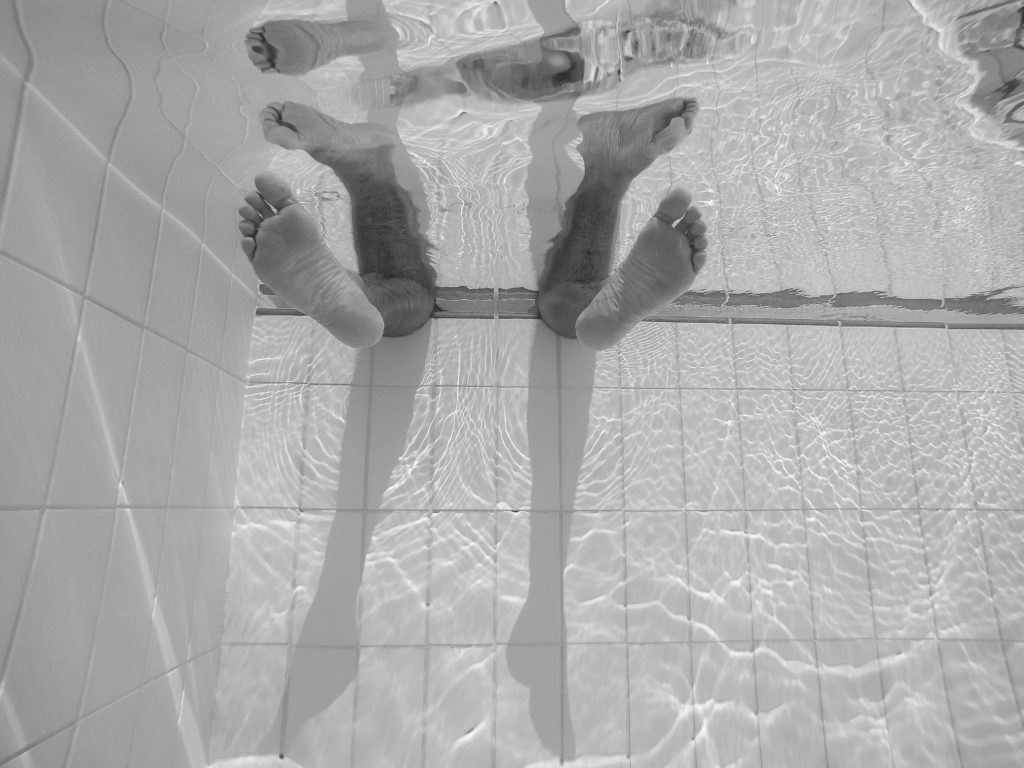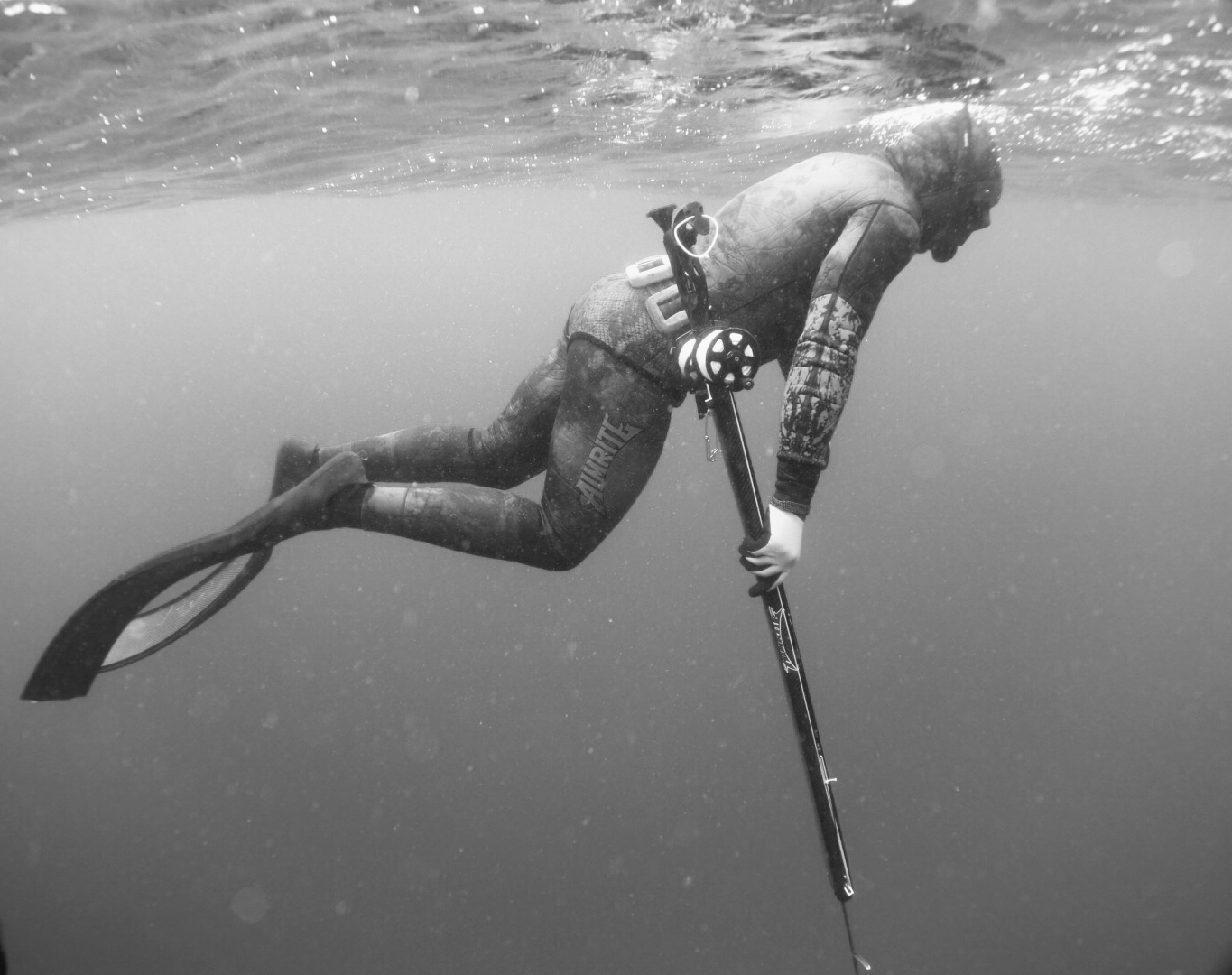In response to the number of people contacting me in recent times looking to improve their breath hold and I’ve lost count of the number of people wanting to get into spear-fishing or free-diving, I’m pushing this out to share.
Share it now!
When you hold your breath there are a number of triggers that cause the urge to take another breath such as lung stretch receptors, muscle spindles, upper airway receptors, the environment, your headspace, your hangover or coffee intake and much more…….
However, by far the biggest urge to take a breath comes from the amount of Carbon Dioxide (CO2) that is in your body. This is why its harder to hold your breath if you have just done 20 push-ups than when you are at rest. Because the muscles used to do the push ups have produced CO2 as a by product of contraction and you need to breathe it out.
Test it now, hold your breath for 60 seconds, then wait 2 minutes, do 20 pushups and hold your breath again for 60 seconds. Its harder the second time because of the higher levels of CO2 in the body.

When we exercise we produce more CO2 then when we are at rest. Therefore if we hold our breath when there is more CO2 in the body the urge is much, much stronger.
But CO2 does not cause a shallow water blackout, it’s the level of Oxygen (O2) in the brain that causes this switch to be triggered and the body literally shuts down to protect you. If you’re underwater at the time, that’s it! Unless your mate has spotted you its all over.
So the urge to breath has nothing to do with when your going to have a blackout, it’s the level of oxygen in the brain and you only have a rough idea of when this will occur if your experienced. If you’re not experienced its likely you are increasing the likelihood of having a shallow water blackout because your making some mistakes, progressing too fast, or getting caught up in the moment.

Here’s what you need to do:
- Free-dive / Spear / Train with 3 people in the water NO EXCEPTIONS
- Do not hyperventilate, this will remove the one system you have to tell you when you should come up, the urge to breathe.
- If you’re an athlete, your likely to push yourself beyond a normal person which is dangerous. You will find it easier to push past the urge to breathe and this is where it becomes dangerous. You may be fit but this will not help you to breathe underwater
- Double your surface times to bottom times. If you’re diving for a minute, the minimum amount of time spent at the surface is 2 mins. BUY A WATCH!
- If you’re working hard (currents / swells / wind) you will be using much more Oxygen in your rest so your bottom times should also reduce
- Excitement, competitiveness, getting the fish, cold water, energy levels and so many other things are at play when we are holding our breath underwater. The dangerous time for underwater breath holding is 20 – 50 dives, when we have trained our CO2 system enough but our O2 system is still catching up. Effectively we have trained our alarm system, delaying the alarm to go off and its also the time when we get careless and stupid.

Questions:
- What is hyperventilating?
When I first started, I thought hyperventilating was successive aggressive inhales and exhales, but its not just that. Any type of breath you take which is deeper than normal or more frequent than normal. Your breathe up should consist of normal breathing in and slow exhales out.
- Where can I learn more?
There are plenty of youtube channels where you can learn more, but nothing beats experience in the water so find some mates and look after each other.
RIP “Chumpy”
Fletcher
